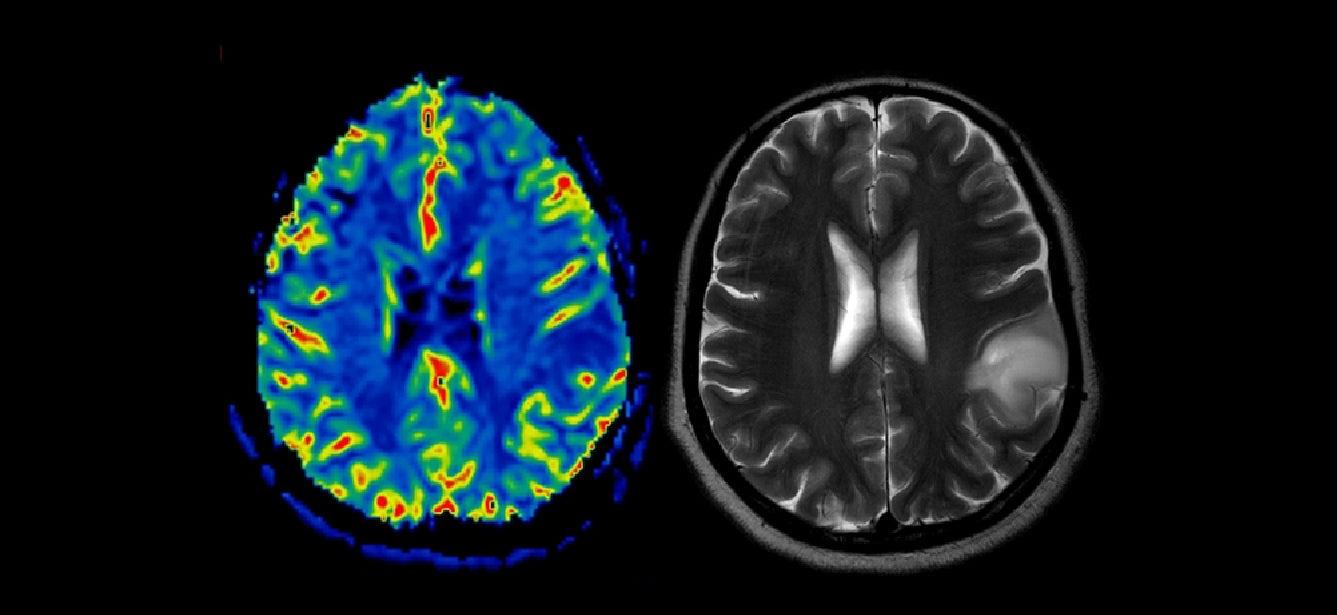Kisunla (Donanemab): A Promising New Option in Alzheimer’s Treatment
6 min read

Related Topics
Scientists and medical experts are making big strides in understanding Alzheimer's disease and other types of dementia. And now there’s a fresh spark of hope in the form of a promising new therapy. Lilly’s donanemab, sold under the brand name Kisunla™, was approved this month by the U.S. Food and Drug Administration (FDA).
“This is real progress. Today’s approval allows people more options and greater opportunity to have more time,” said Alzheimer’s Association president and CEO Joanne Pike, DrPH, in a news release. “Having multiple treatment options is the kind of advancement we’ve all been waiting for—all of us who have been touched, even blindsided, by this difficult and devastating disease.”
Kisunla arrives on the heels of Leqembi™ (aducanumab), another anti-amyloid Alzheimer’s treatment that received accelerated approval from the FDA in 2023. A previous anti-amyloid treatment, Biogen’s Aduhelm, was removed from the market in early 2024.
What is Kisunla (donanemab)?
Kisunla is a medication for the treatment of early-stage symptomatic Alzheimer's disease. It’s designed to target and slow the progression of symptoms such as memory loss and problems with thinking. Kisunla is administered as an intravenous (IV) infusion (medication is given through a vein directly into the bloodstream) every four weeks.
Why is Kisunla’s approval so important? Effective Alzheimer’s therapies are urgently needed to help slow the associated symptoms of cognitive decline. Imagine watching someone you love slowly fade away, struggling to hold onto their memories as you mourn the loss of who they used to be. The ravages of Alzheimer's affect people and families around the world—and it’s a problem that’s not going away anytime soon. Nearly 7 million Americans live with this form of dementia, according to the Centers for Disease Control and Prevention. By 2060, this number is expected to grow to 14 million.1
How does Kisunla (donanemab) work?
Like Leqembi, Kisunla is a monoclonal antibody—a type of protein. A monoclonal antibody is designed to find and attach to specific harmful substances, such as viruses or cancer cells, to help the body fight them off. Think of it as a targeted missile that zeroes in on a specific enemy, making treatments more precise and effective.
With Alzheimer's, Kisunla targets and binds to amyloid-beta plaques in the brain. These plaques are clumps of protein fragments believed to play a key role in the development and progression of the disease. By binding to these plaques, Kisunla helps to clear them from the brain, potentially slowing the detrimental cognitive effects.
What is the difference between Kisunla (donanemab) and Leqembi?
Although both are anti-amyloid drugs and work in similar ways, infusions with Kisunla are shorter and given less frequently than Leqembi. Additionally, participants in a Kisunla clinical trial were able to stop infusions after amyloid plaques were removed from the brain. The manufacturer, Eli Lilly, says this benefit could potentially reduce treatment duration and costs. At this time, it's unclear exactly what the critera are to stop and restart the medication if symptoms return. More research is needed to answer these important questions.
How effective is Kisunla (donanemab)?
In the clinical trial mentioned above, researchers studied the impact of Kisunla in 1,736 men and women (ages 59 to 86) in the early stages of Alzheimer’s disease. These patients all had signs of telltale amyloid plaques in their brains indicating Alzheimer's. After 18 months, patients treated with Kisunla showed a significant 35% reduction in clinical decline (memory, thinking, and daily functioning) compared to the placebo group. Patients treated with Kisunla also had up to a 39% lower risk of progressing to the next clinical stage of the disease compared to those taking the placebo medication.2
Is Kisunla (donanemab) a cure for Alzheimer’s?
No, Kisunla is not a cure for Alzheimer's.
It’s important to understand that while the medication can slow the progression of the disease, it does not reverse memory loss or eliminate the disease entirely.
For patients who qualify, Kisunla will be part of an individualized treatment plan that may include other medications, lifestyle changes such as a healthy diet, aerobic exercise, and stress reduction, and supportive care. The goal is to improve the patient’s quality of life by delaying the worsening of symptoms.
Who qualifies for Kisunla (donanemab)?
Kisunla is specifically approved for people with early symptomatic Alzheimer's disease. This includes patients who are experiencing mild cognitive impairment or mild dementia, the population in shich treatment was studied in the clinical trials. To qualify for Kisunla, patients usually must undergo a thorough evaluation, including cognitive testing and brain scans or imaging, such as a PET scan, to confirm the presence of amyloid plaques. Other tests that can be used to determine the presence of plaques include spinal fluid and blood plasma.
What are the side effects of Kisunla (donanemab)?
Like any medication, Kisunla can cause side effects. The most common ones seen in patients were headache and ARIA (amyloid-related imaging abnormalities), which can include swelling or small areas of bleeding in the brain. These imaging changes will be monitored closely by health care providers to manage any potential risks, especially during the early months of treatmetn when ARIA is most likely to occur.
There is also a risk of infusion-related reactions to Kisunla, such as:
- Headache
- Chills
- Fever
- Nausea
- Vomiting
- Swelling
- Blood pressure changes
- Anaphylaxis (a severe, life-threatening allergic reaction)
Patients taking Kisunla should report any unusual symptoms to their doctor right away.
How much does Kisunla (donanemab) cost? Will Medicare cover it?
The cost of Kisunla can be quite high due the complexity and research investment involved in developing advanced Alzheimer’s treatments. The exact pricing will vary depending on how long a patient needs to tak the medication. For example, treatment over six months will cost $12,500. An eight-month course of therapy will cost almost $49,000.2 Insurance coverage of Kisunla depends on a person’s health plan, and additional out-of-pocket costs may apply.
Kisunla is expected to be covered under Medicare Part B, similar to how Lequembi is covered. Beneficiaries must pay a 20% coinsurance once their deductible is met. The 20% coinsurance includes the cost of hte medication as well as the costs for supplies and equipment used to administer the medication by IV.
Patients will have to be prescribed this medication from a doctor enrolled in a study focused on collecting data to track its effectiveness. This requirement is part of Coverage with Evidence Development (CED), a special policy used by Medicare. It means the program will cover and pay for a new medical treatment or test, but only while it’s being studied further. The goal is to learn how well the treatment works and how safe it is before deciding if it will be covered for all people with Medicare.
Patients should contact Medicare or their insurance provider to get more details about coverage for Kisunla and potential financial assistance programs.
Talk to your doctor about Kisunla
“The FDA’s approval of Kisunla is a testament to the impressive advancements in medical research and the relentless pursuit of better treatments for Alzheimer's,” said healthy aging expert Kathleen Cameron.
While not a cure, the drug’s ability to slow the progression of life-changing symptoms could make a meaningful difference in the lives of individuals, families, and caregivers affected by this disease,” Cameron said.
As with any medical treatment, patients should have open and informed discussions with their health care provider to decide if Kisunla is right for them based on their specific diagnosis, test results, symptoms, and medical history.
Want to keep tabs on the latest treatments for Alzheimer’s? Visit and bookmark NCOA’s Alzheimer’s disease resource page for older adults.
Sources
1. Centers for Disease Control and Prevention. About Alzheimer's Disease. Who Has Alzheimer's Disease? Found on the internet at https://www.cdc.gov/aging/alzheimers-disease-dementia/about-alzheimers.html#whohasalzheimersdisease
2. Lilly. Lilly's Kisunla™ (donanemab-azbt) Approved by the FDA for the Treatment of Early Symptomatic Alzheimer's Disease. July 2, 2024. Found on the internet at https://investor.lilly.com/news-releases/news-release-details/lillys-kisunlatm-donanemab-azbt-approved-fda-treatment-early




